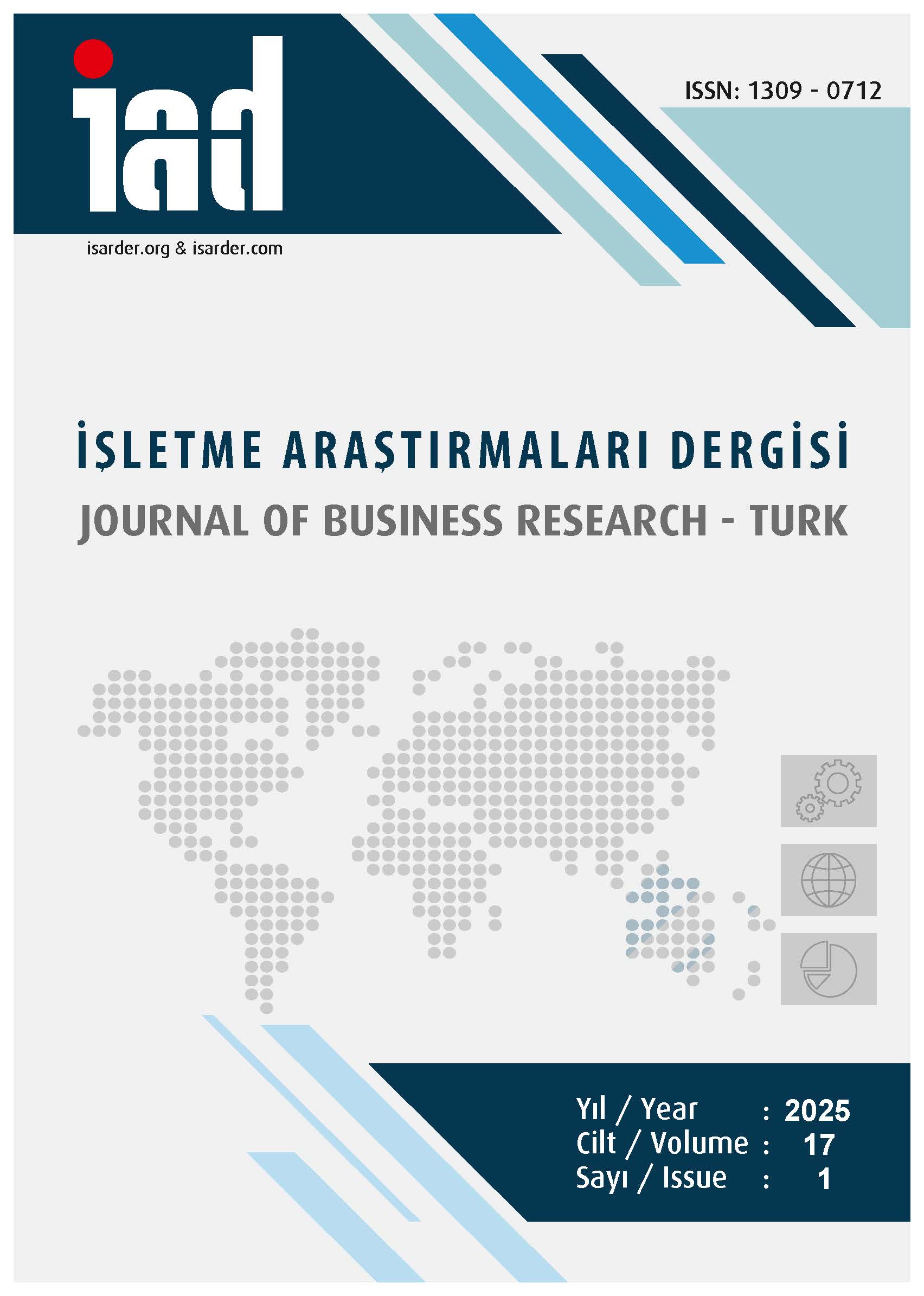Marka Yönetiminde Akıllı Şehirler ve Türkiye’deki Büyükşehirlerin Akıllı Şehir Sıralaması
DOI:
https://doi.org/10.20491/isarder.2025.1982Anahtar Kelimeler:
Şehir Pazarlaması- Marka YönetimiÖzet
Amaç – Bu çalışmanın amacı farklı karar destek modelleri ve çeşitli objektif kriter ağırlıklandırma yöntemleri kullanarak bir akıllı şehir endeks sistemi geliştirmek ve Türkiye’deki 30 büyükşehirde uygulamasını yapmaktır. Yöntem – Farklı karar destek modellerinin sonuçları etkisini göstermek üzere Gri İlişkisel Analiz, TOPSIS, Temel Bileşenler Analizi metodolojileri; CRITIC, Entropi, eşit ağırlık ve standart sapma kriter ağırlıklandırma yöntemleriyle birleştirilerek karşılaştırmalı bir analiz yürütülmüştür. Endeks 7 alt boyutta 88 gösterge içermektedir. 8 ayrı sıralama ve bir de KASO (kümülatif aritmetik sıralama ortalaması) olmak üzere 9 sıralama oluşturularak, tek bir yöntemin sıralama sonuçlarına etkisi azaltılmaya çalışılmıştır. Bulgular – Analiz, yapılan sıralamalarda benzerliklerin yanısıra büyük ölçüde farklılıklar olabileceğini göstermiştir. Ancak tüm sıralamalarda İstanbul 1. sırada yer almaktadır. Her yöntemde ilk 5 ve son 5’e giren şehirler benzerlik ve farklılıklar göstermektedir. En iyi performans gösteren şehirler en yoğun nüfuslu metropollerdir. Tartışma – Çalışma kapsamında birçok veri belediyelerin raporlarına dayanarak üretilmiştir. Ülkemizde şehirlerdeki yaşam koşullarını ve yaşam kalitesini karakterize eden daha ayrıntılı göstergeler ve veri eksikliği söz konusudur. Bu kapsamda herkesin erişimine açık verilerin ülkemiz için geliştirilmesi oldukça önemli ve gereklidir. Gelecekteki çalışmalarda farklı yöntemler ve göstergeler kullanılarak sonuçlara etkisinin araştırılması önemli görülmektedir.
İndir
Yayınlanmış
Nasıl Atıf Yapılır
Sayı
Bölüm
Lisans

Bu çalışma Creative Commons Attribution-NoDerivatives 4.0 International License ile lisanslanmıştır.





